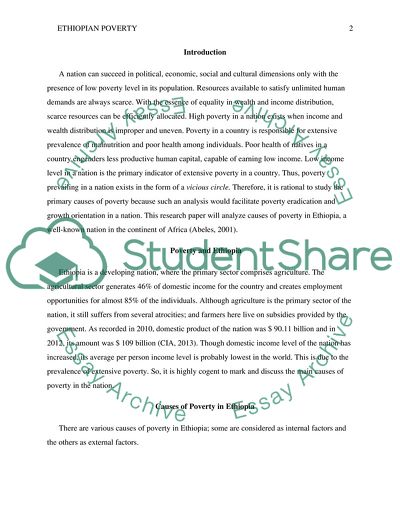Cite this document
(Analyse the reasons for Ethiopian's poverty Essay, n.d.)
Analyse the reasons for Ethiopian's poverty Essay. https://studentshare.org/macro-microeconomics/1810114-analyse-the-reasons-for-ethiopians-poverty
Analyse the reasons for Ethiopian's poverty Essay. https://studentshare.org/macro-microeconomics/1810114-analyse-the-reasons-for-ethiopians-poverty
(Analyse the Reasons for Ethiopian'S Poverty Essay)
Analyse the Reasons for Ethiopian'S Poverty Essay. https://studentshare.org/macro-microeconomics/1810114-analyse-the-reasons-for-ethiopians-poverty.
Analyse the Reasons for Ethiopian'S Poverty Essay. https://studentshare.org/macro-microeconomics/1810114-analyse-the-reasons-for-ethiopians-poverty.
“Analyse the Reasons for Ethiopian'S Poverty Essay”. https://studentshare.org/macro-microeconomics/1810114-analyse-the-reasons-for-ethiopians-poverty.


